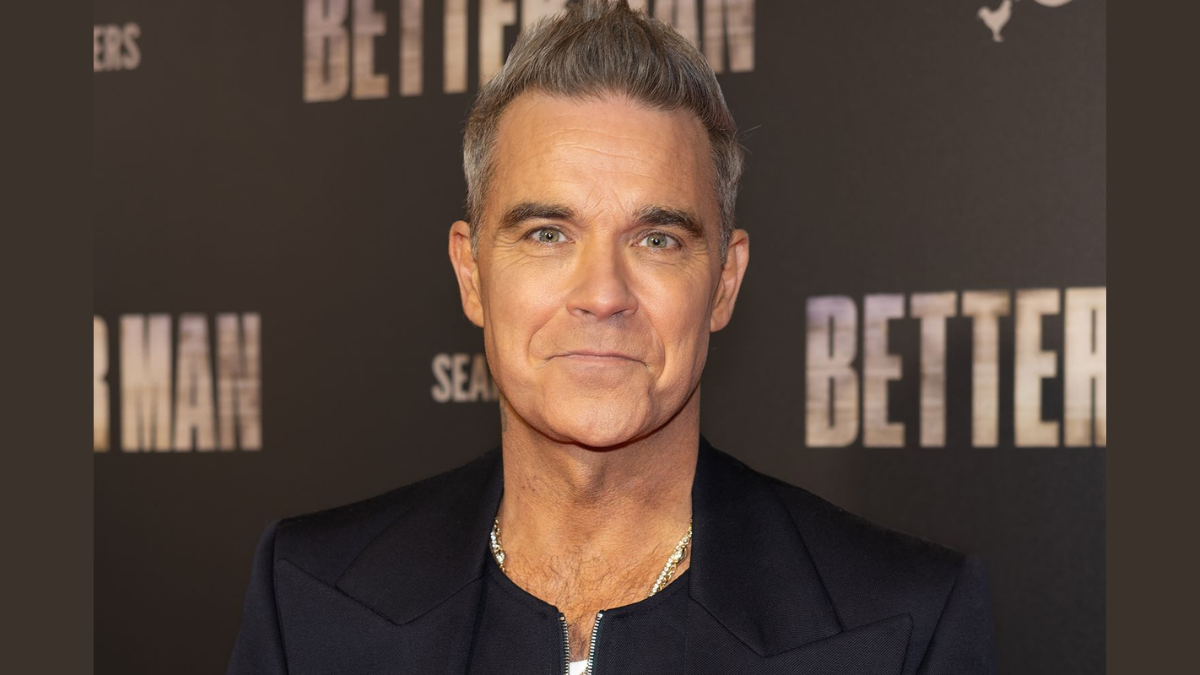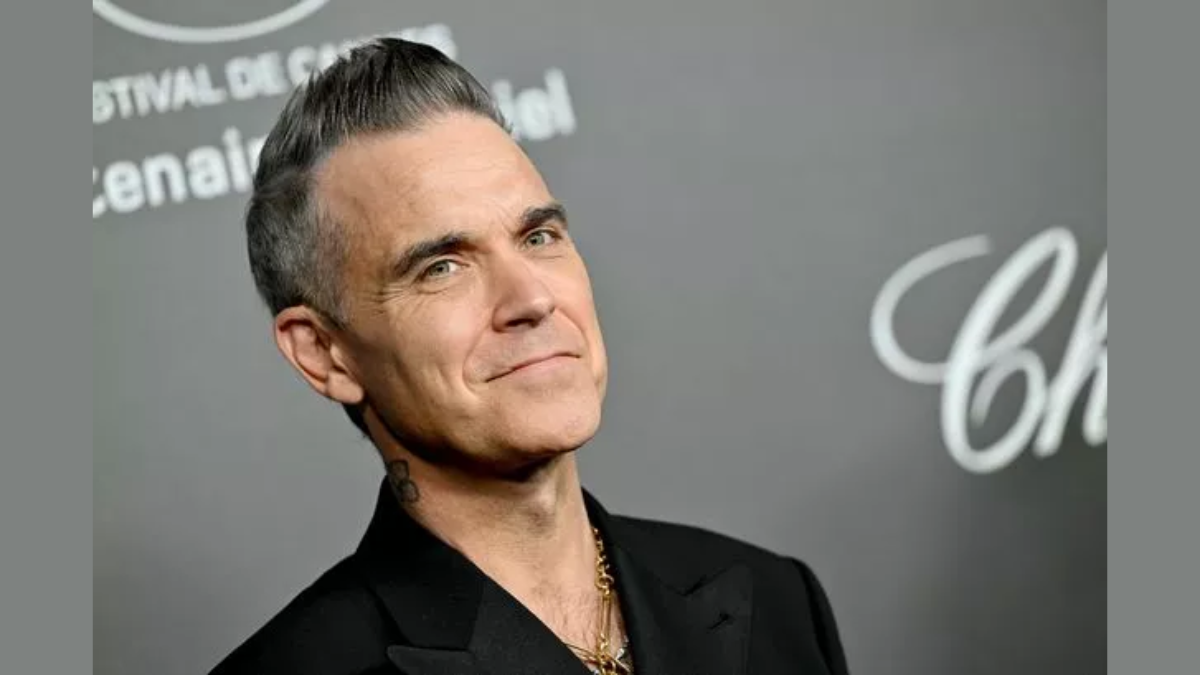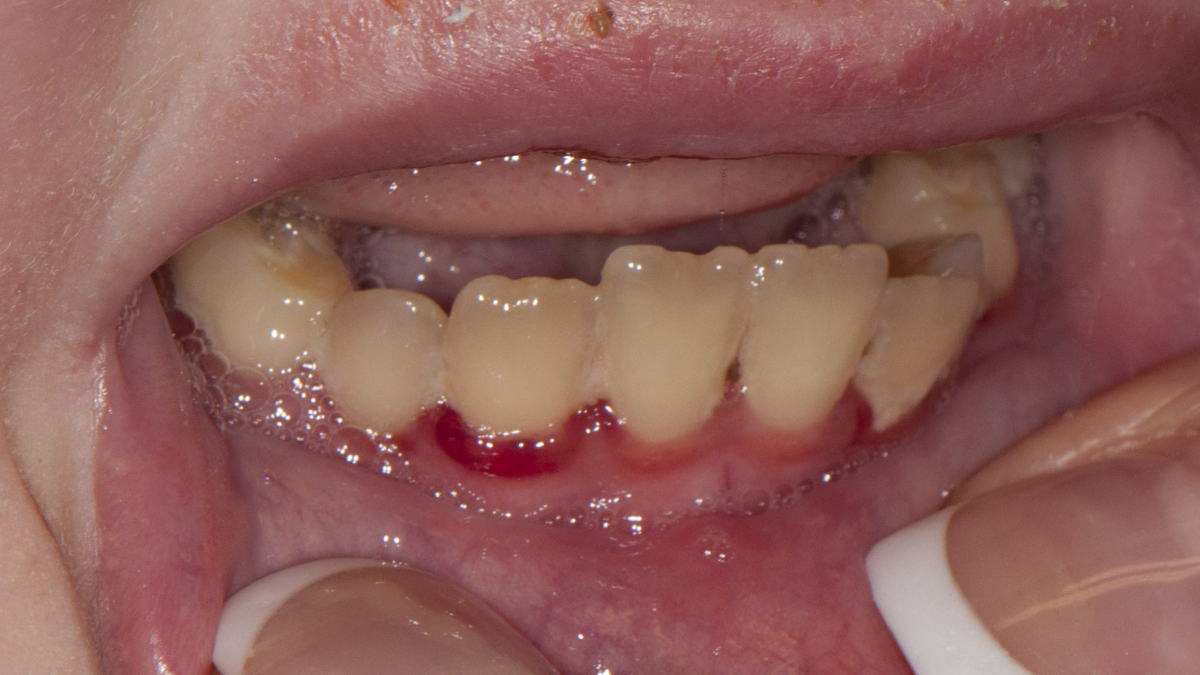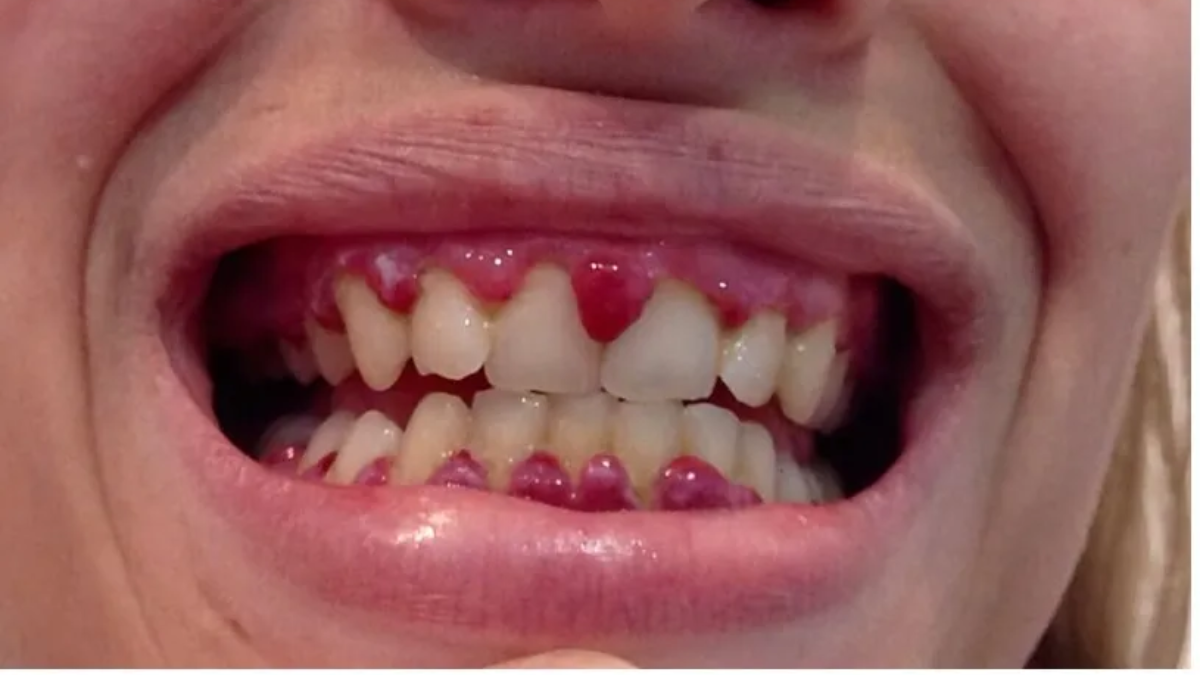
In a startling revelation, British pop sensation Robbie Williams recently disclosed that he was diagnosed with scurvy—a condition often thought to be long forgotten in modern times. The 51-year-old singer, known for his high-energy performances and charismatic personality, opened up about his health scare during an interview, pointing to a combination of mental health struggles and poor nutrition as the underlying causes.
Table of Content:-
A Rough Start to the Year
Williams candidly shared that the beginning of the year was marked by a wave of emotional distress, something he hadn't experienced in a long while. “The year started with some ill mental health, which I haven’t had for a very, very long time,” he told The Mirror. He admitted to feeling “sad, anxious, and depressed,” emotions that took him by surprise after believing he had already overcome that chapter in his life.

His declining mental health prompted him to take appetite suppressants in an effort to lose weight—an action that spiraled into another serious health concern. As his nutritional intake diminished, Williams began noticing more alarming physical symptoms, which eventually led to a diagnosis of scurvy.
What Is Scurvy?
Scurvy is a medical condition resulting from a severe deficiency of vitamin C (ascorbic acid), an essential nutrient that the body cannot produce on its own. Though rare in developed countries, scurvy still occurs, especially among individuals with extremely restrictive diets or eating disorders. Historically, it’s been associated with sailors on long sea voyages who lacked access to fresh fruits and vegetables.
Scurvy affects various bodily systems, particularly your skin, blood vessels, and connective tissue. If untreated, it can result in serious complications such as gum disease, bleeding, anemia, and in extreme cases, even death.

Why Vitamin C Is Essential
Vitamin C plays a pivotal role in multiple physiological functions. It aids in the production of collagen—a protein crucial for skin, bones, and blood vessels. It also supports wound healing, enhances iron absorption from plant-based foods, and acts as a powerful antioxidant that combats cellular damage caused by free radicals. When your body lacks vitamin C, these functions begin to deteriorate, leading to the onset of scurvy symptoms.
Recognising the Symptoms of Scurvy
Scurvy doesn’t develop overnight. It progresses slowly as the body continues to lack sufficient vitamin C. Some common signs and symptoms include:
Also Read: Meghan Markle Opens Up About ‘Rare and Scary’ Postpartum Preeclampsia Diagnosis After Childbirth
- Fatigue and weakness
- Swollen, bleeding, or discolored gums
- Loosened or lost teeth
- Easy bruising and skin discoloration due to bleeding under the skin
- Dry, rough, or scaly skin
- Anemia
- Joint pain and swelling
- Slow wound healing and reopening of old wounds
- Brittle hair that may appear coiled like a corkscrew

Anyone experiencing these symptoms, especially with a diet low in fresh produce, should seek immediate medical advice.
Diet and Recovery
Williams admitted that his eating habits had significantly deteriorated—he had essentially stopped eating, depriving himself of vital nutrients. After the diagnosis, however, he took steps to improve his diet, incorporating vitamin C-rich foods such as citrus fruits, berries, bell peppers, and leafy greens.
The positive change in his nutrition has not only helped him combat scurvy but also aided in managing his mental health better. “I wasn’t getting nutrients,” he admitted. “Now that I am, I’m feeling a lot more stable.”
Bottomline
Robbie Williams’ experience is a powerful reminder that even in the modern world, ancient illnesses can resurface when self-care takes a backseat. It also sheds light on how mental health, diet, and physical well-being are intricately connected. His openness may help reduce the stigma around mental health and inspire others to pay closer attention to both emotional and nutritional wellness.
Maintaining a balanced diet rich in essential nutrients is more than a wellness trend—it’s a cornerstone of physical and mental health. Williams’ story serves as both a cautionary tale and a hopeful narrative of recovery.
Also watch this video
How we keep this article up to date:
We work with experts and keep a close eye on the latest in health and wellness. Whenever there is a new research or helpful information, we update our articles with accurate and useful advice.
Current Version